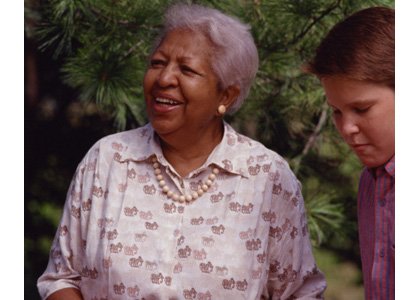HealthDay News — Older women who follow cancer prevention guidelines are less likely to develop cancer or to die from cancer and other diseases, according to a new study.
Researchers analyzed data from nearly 66,000 postmenopausal women, aged 50 to 79, who enrolled in the Women’s Health Initiative, an extensive study started by the U.S. National Institutes of Health, between 1993 and 1998 at 40 centers across the United States.
The women were followed for an average of 8.3 years. During this time, more than 8,600 cancers were diagnosed among them and there were more than 2,300 cancer-related deaths.
The study authors looked at how closely the women followed the American Cancer Society’s Nutrition and Physical Activity Cancer Prevention Guidelines, which provide advice about weight, physical activity, diet and alcohol consumption.
The women who closely followed the guidelines had a 17 percent lower risk of cancer, a 20 percent lower risk of cancer-related death, and a 27 percent lower risk of death from all causes, according to study author Cynthia Thomson, a professor of public health at the University of Arizona in Tucson.
The association between following the guidelines and having a reduced risk of cancer and death was stronger among Asian, black and Hispanic women, compared with white women, according to the study.
This may be because of racial/ethnic differences in environmental and lifestyle factors that trigger cancer, Thomson suggested.
“The message is simple and clear: If you want to reduce your risk for cancer, even later in life, eat a healthy diet, be active daily, avoid or limit alcohol, and don’t smoke,” she said in a news release from the American Association for Cancer Research.
“Our results support the [American Cancer Society] guidelines for cancer prevention. Certainly, efforts to identify complementary factors that can reduce risk further should be supported as well, because diet and activity alone do not account for the majority of risk,” Thomson added.
The study was published Jan. 8 in the journal Cancer Prevention Research. The study found an association between following the guidelines and a reduced risk of death from cancer or other causes, it did not establish cause-and-effect.
HealthDayNews articles are derived from various sources and do not reflect federal policy. healthfinder.gov does not endorse opinions, products, or services that may appear in news stories. For more information on health topics in the news, visit Health News on healthfinder.gov.
